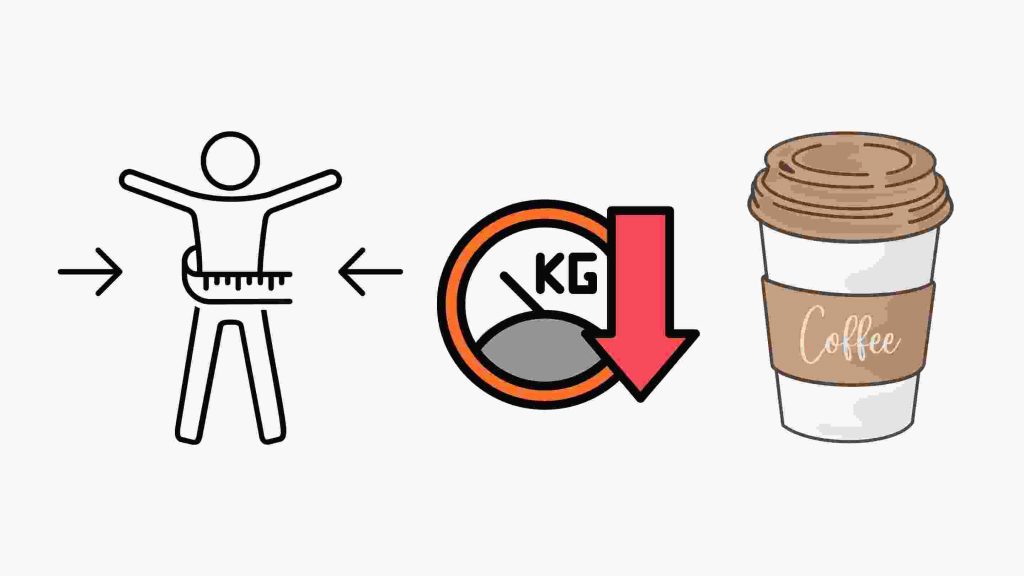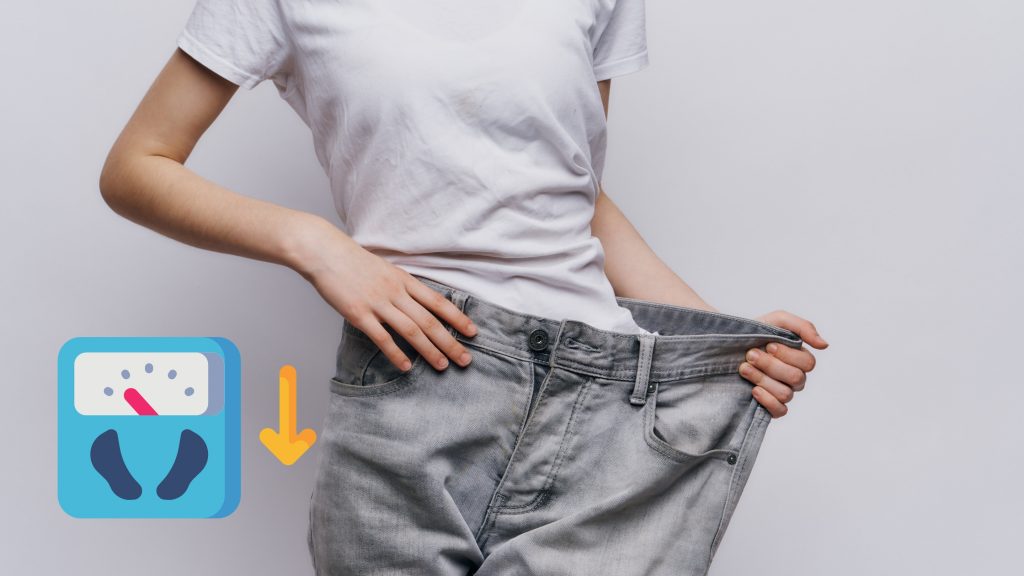
Drinking Coffee for Weight Loss Reviews
Coffee may or may not aid with weight loss, or it may not even have any effect at all. There have been some studies that suggest that drinking coffee encourages weight loss, but not enough of them to establish this as a universal truth. Additionally, there is currently no proof that coffee can reduce fat in specific body parts, such as your stomach. Here are some current study findings.
Table of Contents
ToggleThere is evidence that coffee can help people lose weight
According to a 2019 study published in Scientific Reports, caffeine may increase brown adipose tissue, or the fat in your body that burns calories. In essence, researchers found that consuming one cup of coffee raises metabolic rate to the point where brown adipose tissue activity happens, resulting in fat burning and weight reduction.
According to 2020 research by Harvard researchers that was published in the American Journal of Clinical Nutrition, people who drank four cups of caffeinated coffee per day had a 4% drop in body fat. The authors of the study hypothesize that this is because caffeine increases a person’s metabolic rate, which results in increased calorie burning.
In a 2020 rat study published in the Journal of Functional Foods, caffeinated mate tea extract was found to lower the incidence of weight growth and body fat formation. The fact that the same findings weren’t obtained using decaffeinated extract suggests that at least some of the caffeine in mate is responsible for weight reduction. But keep in mind—you’re not a rat! The results in people may be varied.

How to drink coffee for weight loss?
The calorie burn during and after a workout can be increased by drinking black coffee. It can also improve the usage of fatty acids for aerobic energy. Your metabolic rate may increase by 3–11% as a result of caffeine. Your ability to burn fat increases with your metabolic rate.
A cup of coffee is a fantastic way to start the day. If you consume it too close to bedtime, you run the danger of disrupting your sleep cycle. Capille advises that “you need to sleep about eight hours a day” so be sure to finish your last cup before 2:00 p.m. In this manner, the caffeine will have completely left your body by the time you’re ready to go to bed.
Additionally, Capille advises drinking coffee with breakfast. Your cells are ready to help your body when you get up in the morning. She clarifies that they require some sort of sustenance in order to generate energy. If you skip breakfast, your body will rely on your muscle and fat cells for energy.
You want to lose fat, but you don’t want to lose so much of it that your muscle mass is also lost, according to Capille. Drink your coffee together with a breakfast that is high in protein, whole grains, and a healthy fat, she advises. Fruits and vegetables are excellent additions.
Intermittent fasting is one exception (IF). According to Capille, you can still have coffee if your IF regimen requires you to forego the customary morning meal. Simply make sure your first meal is balanced and contains all your body need.
Is coffee good for weight loss?
Coffee may aid in weight loss. Niacin, potassium, magnesium, and antioxidants are among the nutrients found in coffee that can help with heart health, muscle function, and digestion. Additionally, it contains caffeine, which increases energy, speeds up metabolism, and may help with weight loss.
Coffee and weight loss connection:
Dislike the flavor of coffee? Thanks to a substance known as green coffee bean extract, you may still be able to profit from coffee’s potential fat-burning abilities.
The extract, a supplement that can be taken as a powder, pill, capsule, or liquid, is made from unroasted coffee beans, which allegedly retain higher levels of chlorogenic acids than roasted beans, the antioxidant substance in coffee that is usually linked to its significant health benefits. There is no such thing as a miracle drug for weight loss, so it should raise red flags for anyone trying to lose weight the traditional way that green coffee bean extract is frequently promoted as a so-called natural weight-loss supplement.
How should you drink weight loss coffee?
Black coffee has fewer than 5 calories per serving, making it a healthy beverage for weight loss. Coffee beverages with milk or flavoring should be avoided because they can increase your calorie intake. Limit your daily intake of coffee to 4 cups, and avoid drinking it right before night.
Lemon in coffee weight loss coffee:
Therefore, adding lemon to water can enhance its flavor and provide a small amount of vitamin C. However, is the whole coffee and lemon challenge worthwhile or just a publicity stunt?
Sorry everyone, Cassetty stated it’s just another pointless TikTok trend.
“There aren’t any advantages to adding lemon to coffee that I can think of. In fact, I would say that this conduct is a warning sign for an eating disorder. It shouldn’t be necessary to restrict your diet or make you consume unappealing foods or beverages in order to lose weight. That indicates that you are not forming enduring habits and that you are willing to put your desire to lose weight ahead of your wellbeing “She spoke.
Additionally, these social media challenges can act as triggers for those with disordered eating, according to registered dietitian nutritionist Maya Feller of Brooklyn-based Maya Feller Nutrition.
“These popular diet films are harmful and risky. They are made by unqualified individuals and promote panic. If you want the flavor of lemon in your coffee, add some. The diet industry’s emphasis on fat burning and weight loss is ludicrous. Find a professional if someone wants to change their metabolic health “She spoke.
According to Cassetty, losing weight is a challenging process that calls for a variety of healthy habits, such as healthy eating, sound sleep, regular exercise, and stress management. Additional factors include hormones, genetics, and others.
She stated of the viral challenge, “The one thing we know for sure is that there is no quick treatment.”